The Unbroken Spirit: Robert Kubica's Epic Journey from F1 Prodigy to Le Mans Legend
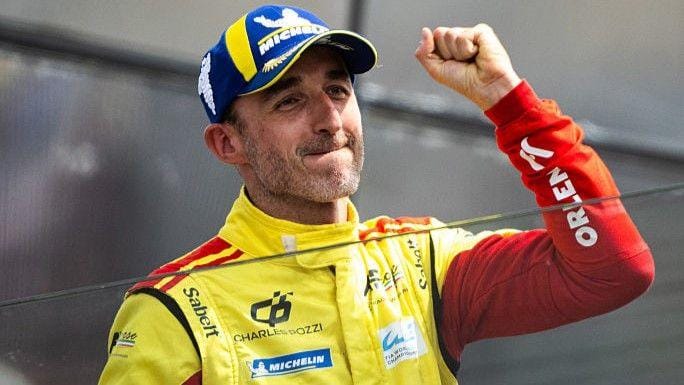
When you cast your mind back to Formula 1 in the mid-2000s, names like Schumacher, Alonso, Hamilton, Button, and Vettel often spring to mind. But one name that too often slips through the cracks is Robert Kubica, a Polish racing driver whose career is a testament to raw talent, unbelievable resilience, and an unwavering love for the sport. From a jaw-dropping F1 debut to a devastating rally accident and an incredible comeback culminating in a historic Le Mans victory, Kubica's story is one for the ages.
The meteoric rise
A prodigy forged in fire
Kubica made his Formula 1 debut in 2006 for BMW Sauber at the Hungarian Grand Prix, stepping in for the injured Jacques Villeneuve. And much like Sebastian Vettel's memorable chance in Hungary a year later, Kubica's first weekend was impossible to ignore. He immediately turned heads, out-qualifying his more experienced teammate Nick Heidfeld for ninth place and finishing the race in seventh. Though a post-race disqualification for an underweight car might have erased the points, it couldn't erase the impression he'd made.
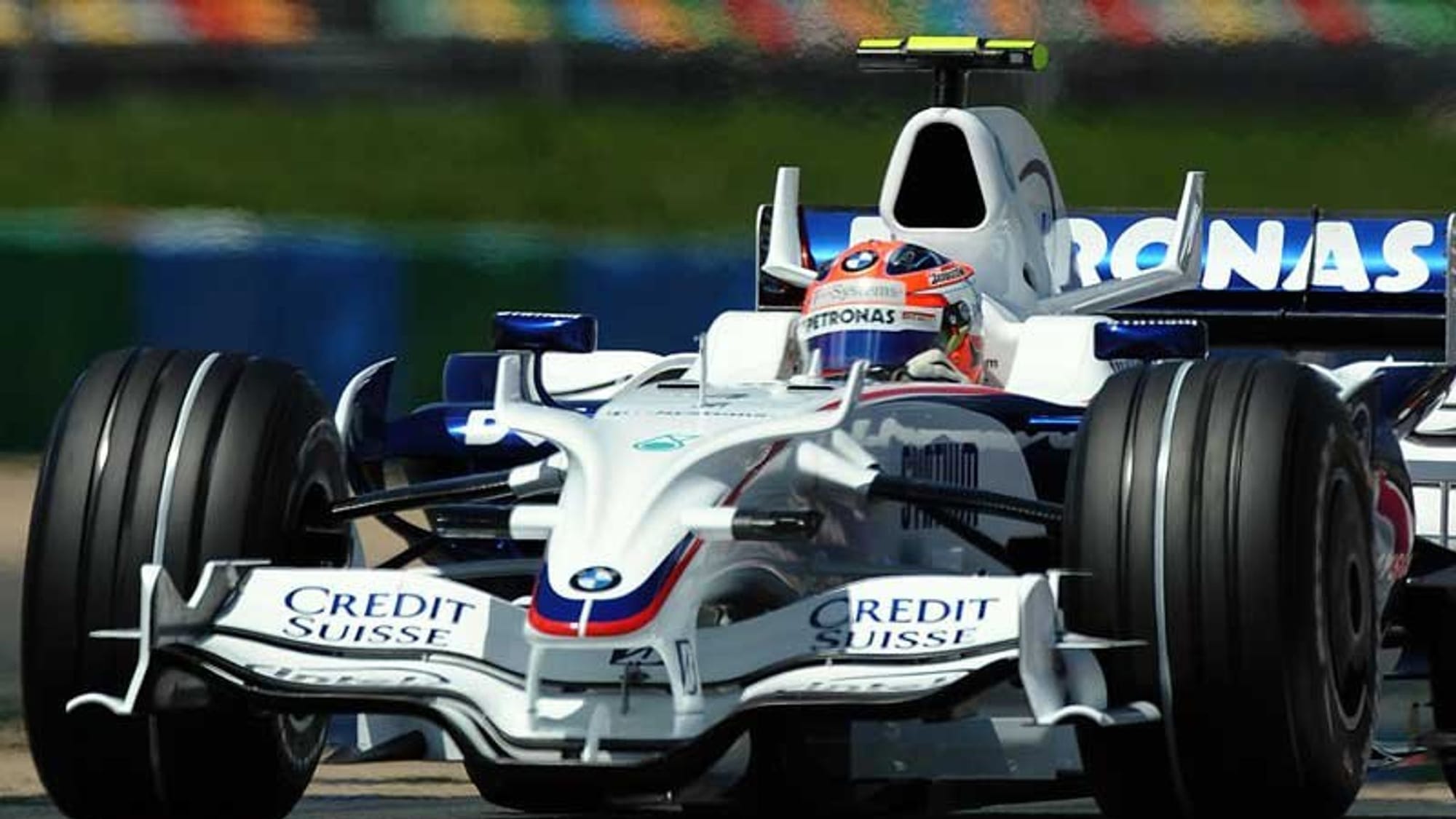
Kubica's journey through the junior categories, battling alongside future F1 stars like Lewis Hamilton and Sebastian Vettel, was nothing short of breathtaking. He wasn't always dominant, but he was consistently hailed as a generational talent. His very first single-seater race saw him score a pole position, quickly securing him a spot in Renault's driver development program. He went on to win four races and finish second in the Italian Formula Renault 2000. Like many aspiring F1 drivers, he crisscrossed Europe and South America, refining his craft before moving to the Formula 2 Euro Series.
However, a recurring theme of incredible talent battling cruel twists of fate emerged early. His F2 Euro Series debut was delayed by a road accident that left him with a broken arm, requiring titanium screws. Yet, in true Kubica fashion, he won his F2 debut race with a plastic brace and 18 bolts holding his arm in place - a clear sign of his extraordinary determination. A successful 2005 Formula Renault 3.5 season propelled him into Formula 1 tests, eventually leading to his BMW Sauber seat in 2006. Villeneuve, put off by the team's reaction to his Hockenheim injury, left BMW Sauber shortly after Hungary, cementing Kubica's place with the Swiss outfit. In only his third race, at Monza, Kubica secured his first F1 podium, becoming not only Poland's first F1 driver but also the first Pole to reach the rostrum.
The 2007 season saw a more realistic challenge for the rookie, finishing behind Heidfeld in the standings without a podium. But it was the Canadian Grand Prix that etched one of his most infamous moments into F1 history. His car made contact with Jarno Trulli's Toyota, hit a bump, and launched him into a terrifying 300 km/h, 28g crash into the barrier, spiraling back across the track. Miraculously, he was in a stable condition, though he missed the following Grand Prix. In a strange twist of fate, this opened the door for a young Sebastian Vettel to make his F1 debut, who would later join Toro Rosso and then Red Bull.
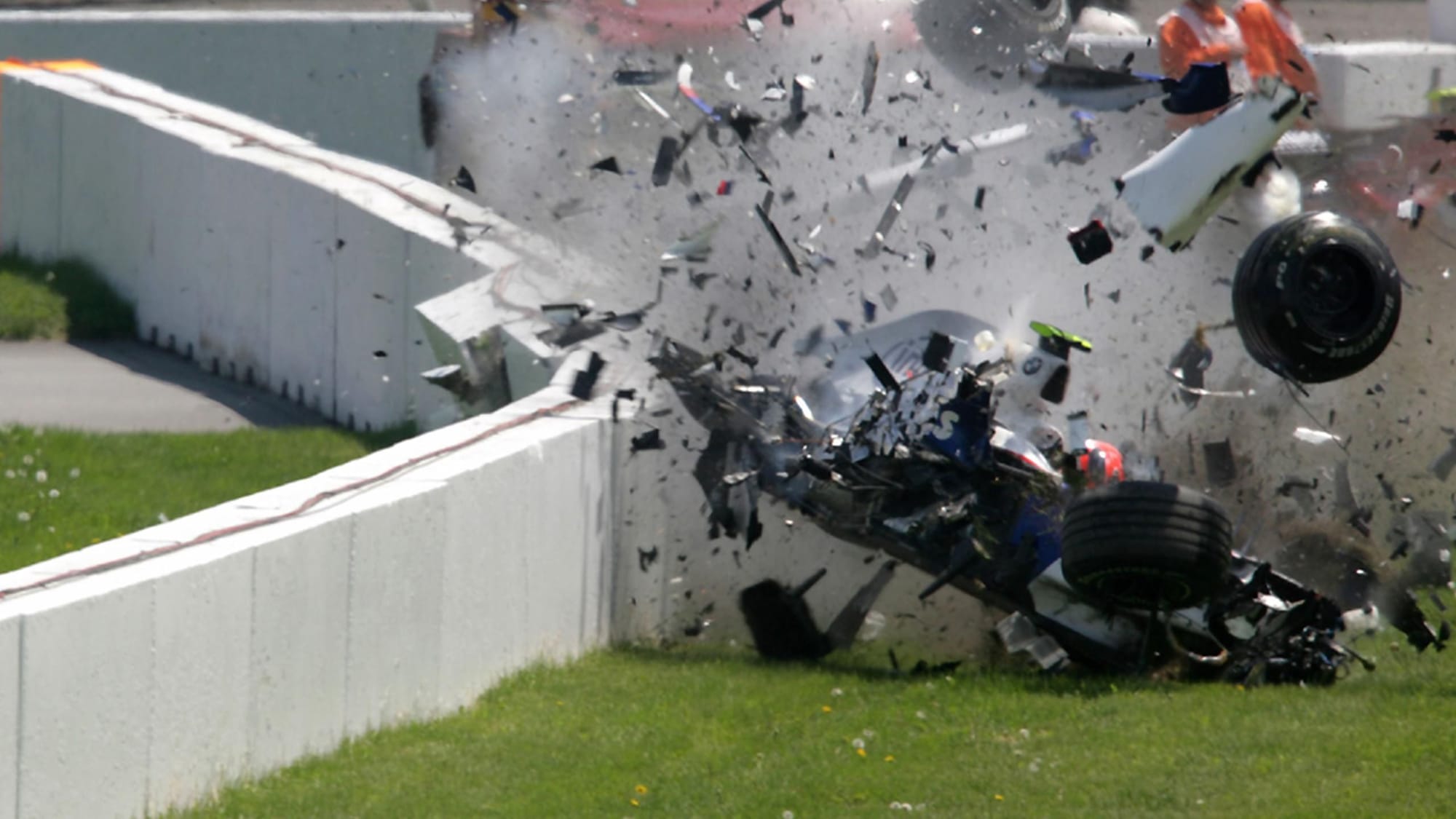
If 2007 was a low point, 2008 was a magnificent peak. Kubica secured his first F1 pole position at the Bahrain Grand Prix, followed by several podiums in the opening races. The ultimate redemption came at the Canadian Grand Prix, where he clinched a fairytale victory, perfectly erasing the memory of his previous year's horror crash. BMW Sauber faded in the second half of the season, and 2009 proved far more challenging, prompting Kubica's move to Renault for 2010.
His single season with Renault was strong but marred by controversy and speculation. The team itself was recovering from the Briatore and "Crashgate" scandal, and the sale of a 75% stake to Genii Capital put a question mark over Kubica's contract. Despite the uncertainty, the Pole chose to stay. Rumours persisted of a potential move to Ferrari, who were reportedly unhappy with Felipe Massa's performance. Ultimately, Massa's contract was extended, the Ferrari offer rescinded, and Kubica signed an extension with Renault until the end of 2012. However, it was clear that the team lacked the machinery to challenge for a championship in 2010.
The heartbreak and the rallying spirit
A career-altering accident
Tragically, Robert Kubica was never able to drive the rebranded Lotus Renault in competitive conditions in 2011. Just three days after F1 testing, he was involved in a devastating rallying accident in Andorra. Driving a Super 2000 Skoda Fabia in Testico, his car tragically left the road and collided with a crash barrier. The barrier penetrated the entire length of the car, trapping the Polish driver for over an hour before rescue teams could extract him.

His injuries were horrific, including a partial amputation of his forearm, compound fractures to his right elbow, shoulder, and leg, and significant blood loss. He underwent a seven-hour operation and two further surgeries to successfully repair fractures in his leg, shoulder, and arm. Unquestionably, he did not compete in motorsport for the remainder of 2011.
In 2012, further misfortune struck when he broke his right leg after slipping on ice at home in January. This kept him away from motorsport for almost the entire year, with his only competitive outing being the Ronde Gomitolo Di Lana World Rally Championship in September – which, remarkably, he won. Despite the victory, his injuries had caused significant muscle damage down the right side of his body. This forced him to make the difficult decision to step away from single-seater racing, focusing instead on rallying and sportscar racing until 2016.
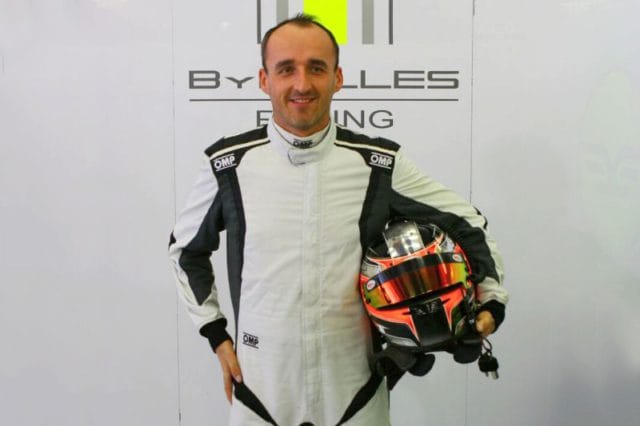
The desire for a single-seater return never truly faded. In 2017, Kubica initially signed with ByKolles LMP1 privateer in the World Endurance Championship after impressing in a Bahrain test, but that plan ultimately fell through. Similarly, a test in a Formula E car at Donington Park with an aim to compete in the New York ePrix also came to naught.
The return and redemption
From F1 reserve to Le Mans champion
2017 became a pivotal "test year" for Kubica. He orchestrated a Renault test in the 2012 Lotus E20, followed by a test in the 2017 Renault F1 car in Hungary. Later in the year, he completed a one-day test with Williams at Silverstone in their 2014 FW36, followed by a second test in Hungary. When Felipe Massa announced his second retirement from F1 in 2017, rumors swelled that Kubica would take his place for 2018. He completed over 100 laps in the 2017 FW40 in Abu Dhabi after the season, finishing an impressive seventh fastest. All signs pointed to Kubica being back to his competitive best in single-seaters. However, Williams ultimately signed him only as a reserve driver for the 2018 season.
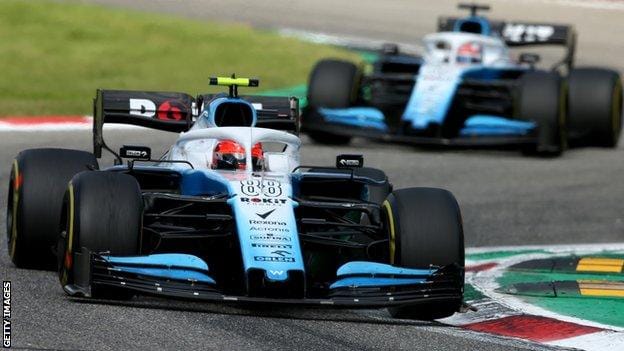
Following the departures of Lance Stroll and Sergey Sirotkin from Williams in 2018, Kubica finally secured a full-time F1 race seat alongside rookie George Russell for the 2019 season. It was an incredibly tough period for Williams, with their car being significantly off the pace. Despite the challenges, Kubica managed to secure his first Formula 1 points in nearly a decade at the German Grand Prix, after post-race penalties were applied to Kimi Räikkönen and Antonio Giovinazzi. Kubica finished a difficult season in 19th place with 1 solitary point – which, astonishingly, was Williams' only point that year. He then made the move back to the team that gave him his F1 debut, Alfa Romeo Sauber, for 2020.
At Alfa Romeo, Kubica served as a reserve driver for 2020 and 2021, though he did get the opportunity to race at the Dutch Grand Prix when Kimi Räikkönen tested positive for COVID-19. While he was out-qualified and out-raced by Antonio Giovinazzi, the Italian dropped places during the race while Kubica gained, making the gap less dramatic than it seemed. Kubica also replaced Räikkönen at the Italian Grand Prix that year, securing a 14th-place finish. He saw out the end of his three-year contract as a reserve driver for Alfa Romeo, departing when his sponsor Orlen moved to AlphaTauri for the 2023 season.
Being a reserve driver has its benefits, allowing drivers to pursue other ventures. Kubica seized this opportunity, turning his focus to endurance racing. In 2021, he raced with Orlen Team WRT in the European Le Mans Series, securing three victories and ultimately winning the LMP2 title. That same year, he joined High Class Racing for the final two rounds of the World Endurance Championship, competing in the 6 Hours and 8 Hours of Bahrain, where he clinched two podiums in the ProAm class.
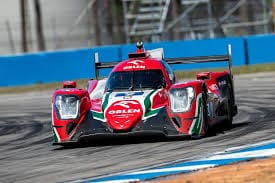
In 2022, he moved to Prema Orlen Team to compete full-time in the World Endurance Championship, finishing fifth overall. His relentless pursuit of success continued in 2023, returning to WRT to secure the LMP2 class championship. 2024 finally saw him achieve a long-held ambition: a Ferrari seat. He signed with AF Corse in the Hypercar series of WEC. In September of that year, he won the Lone Star Le Mans, becoming only the third driver in history (after Fernando Alonso and Mark Webber) to win both a Formula 1 race and a WEC race. AF Corse finished the 2024 season in ninth place, but Kubica remained with the team for the 2025 season, where Ferrari has truly looked like the team to beat.
And then came the moment that perfectly encapsulated his incredible journey. In the first event of 2025 in Qatar, Kubica secured a podium finish. But it was at the 24 Hours of Le Mans where this fairytale story reached its emotional peak. Kubica and his AF Corse team triumphed at the world-famous race, making him the first Polish driver ever to win Le Mans. The victory has propelled the AF Corse team to second place in the standings, but that's almost secondary to the profound personal significance. This win represents Robert Kubica's ultimate redemption arc, a powerful testament to overcoming unimaginable heartache and struggles in his racing career.
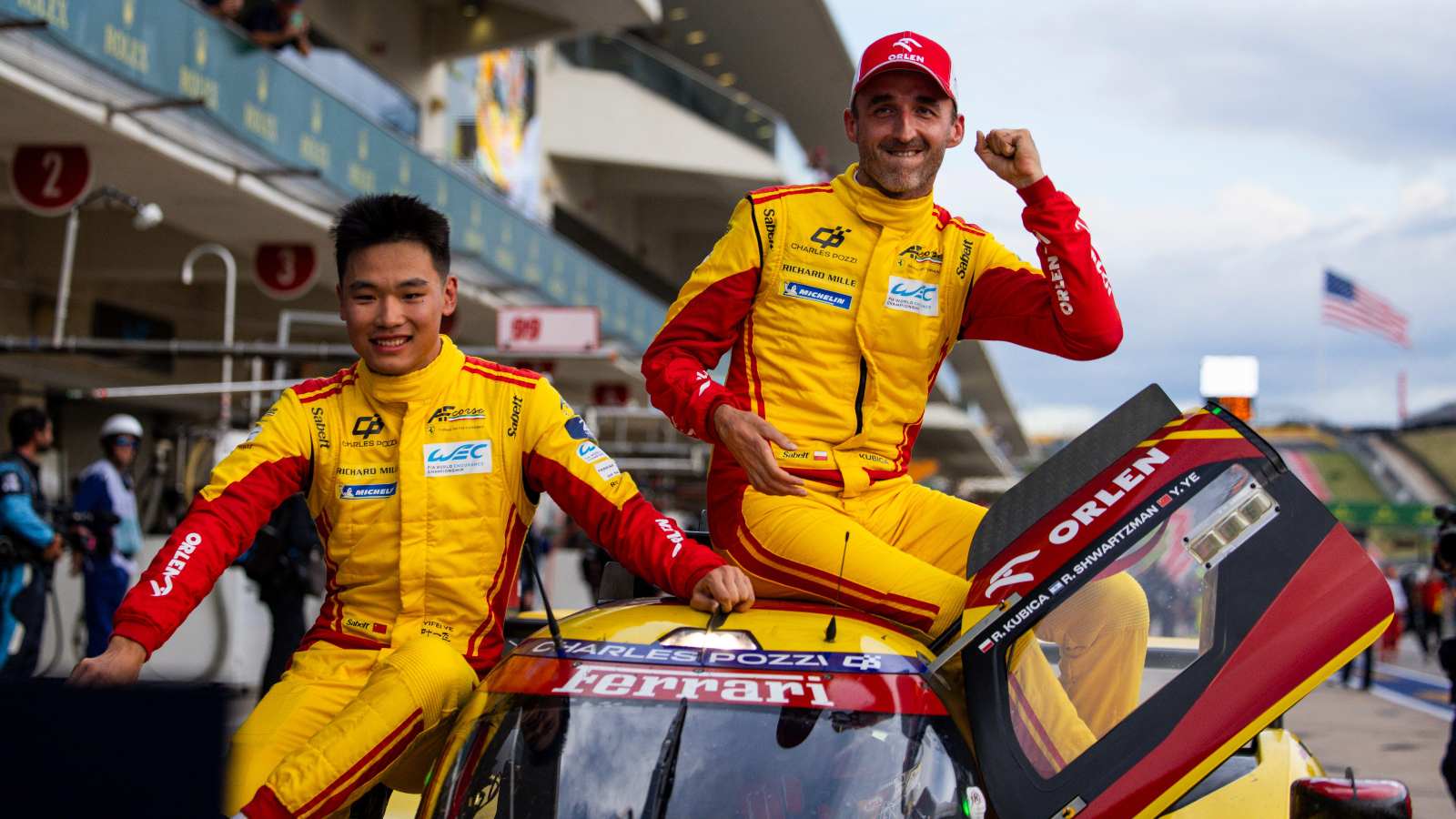
We extend our sincerest congratulations to Robert Kubica, a driver many consider to be one of the greatest talents in Formula 1 who never truly got the chance to show his full potential due to circumstances beyond his control. His Le Mans victory is a fitting culmination of an extraordinary career defined by passion, perseverance, and an unbreakable spirit.
What is your most enduring memory of Robert Kubica's F1 career, and how does his Le Mans victory resonate with you? Share your thoughts and tributes in the comments below!
Follow Robert Kubica's incredible journey and stay updated with all the latest in Formula 1 and endurance racing! Subscribe to our newsletter for exclusive insights, race highlights, and breaking news. Don't miss out on the next chapter of motorsport history – sign up today!

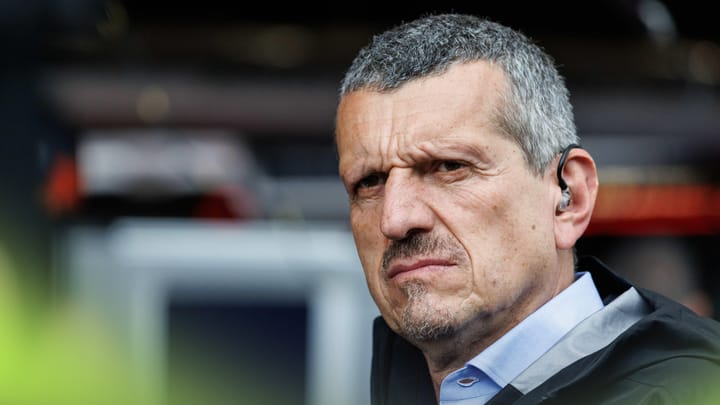
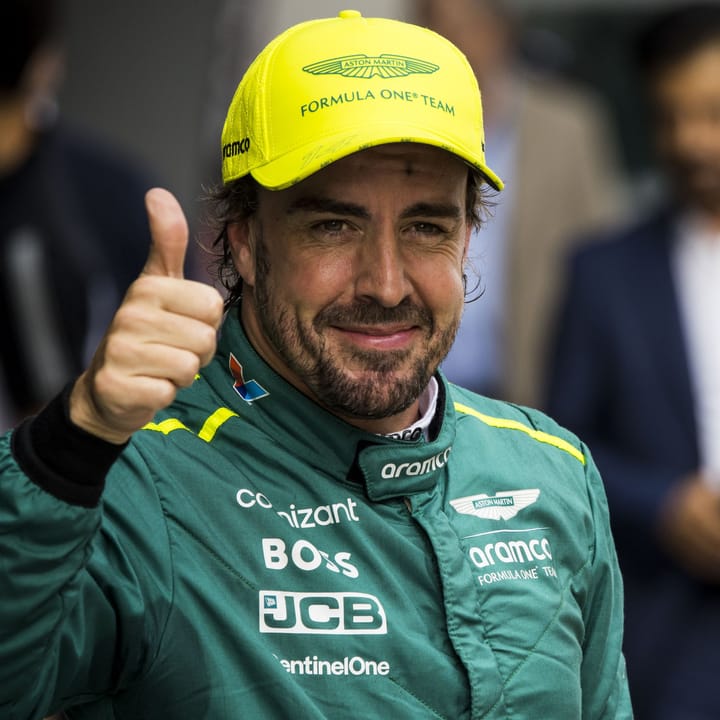
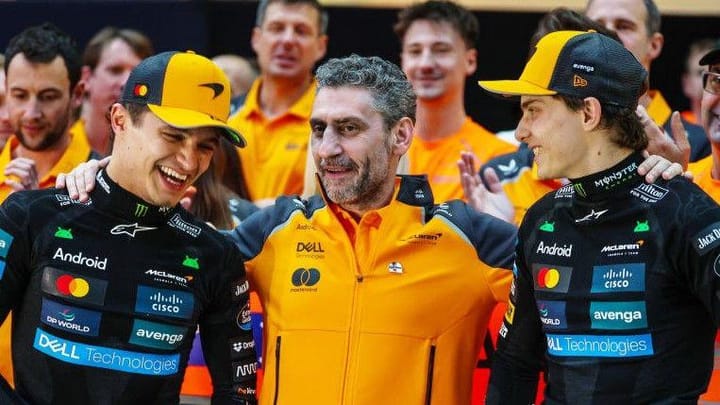
Comments ()